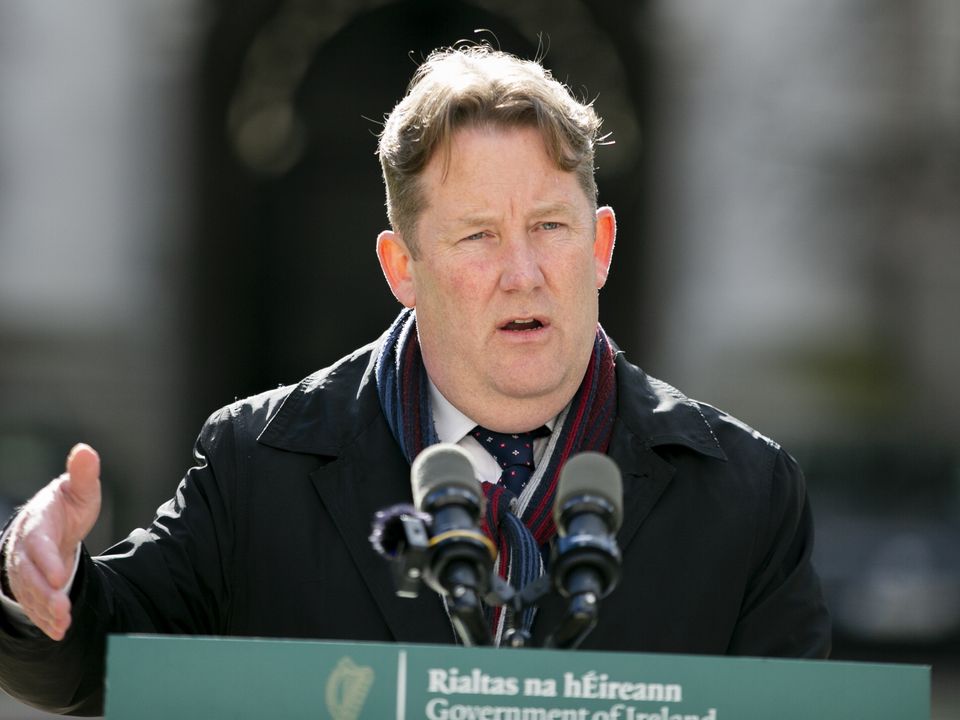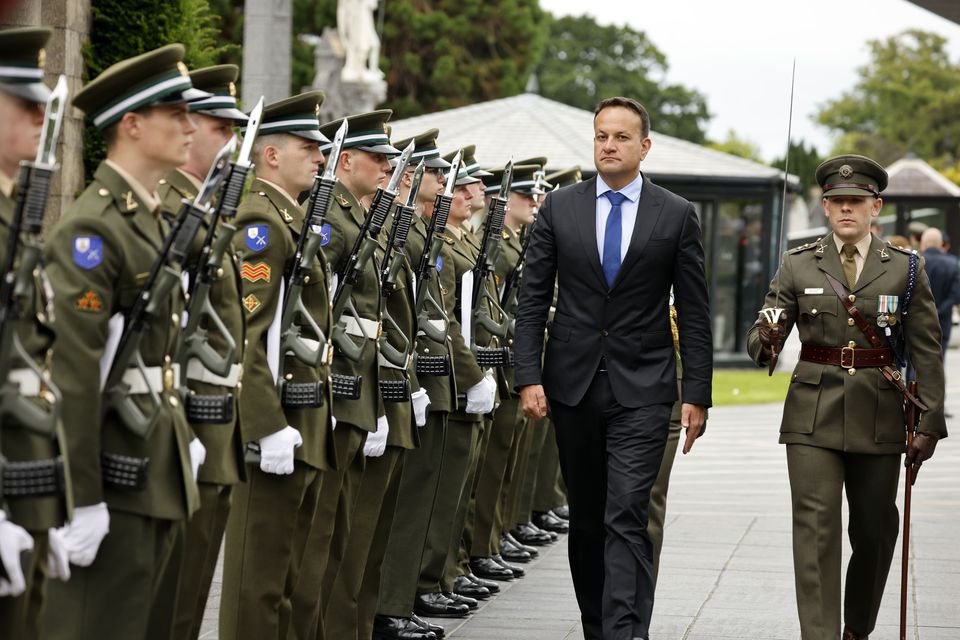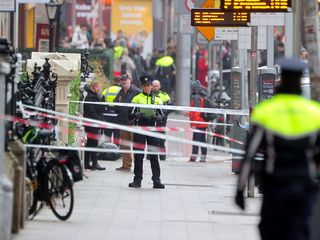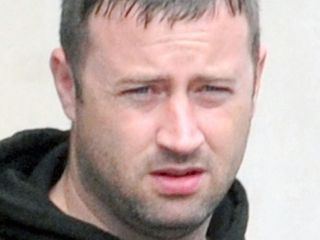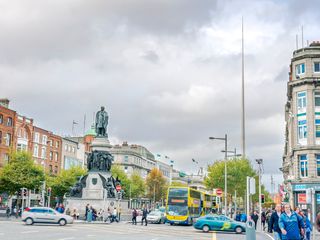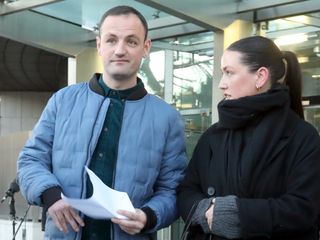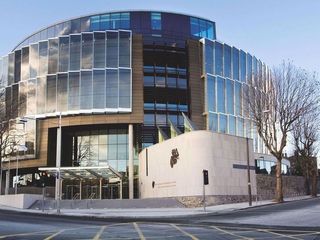Government fears AI could be used to spread fake news in run up to elections
“AI exponentially expands the capacity of malicious state or non-State actors in directly attacking our democratic processes. We must be on guard against these new challenges.”
Housing Minister Darragh O'Brien. Photo: Gareth Chaney
The Government is “deeply concerned” about the impact artificial intelligence (AI) could have on the spread of disinformation during election campaigns.
Housing Minister Darragh O’Brien, who is also responsible for electoral reform, wrote to the newly established Electoral Commission setting out his fears over the capacity of AI to create and spread fake news online at a scale never seen before.
Mr O’Brien warned that “without strong guardrails” regulating the rise of AI democratic debate will be “undermined and skewed by data driven virtual bile”.
The minister said a core theme of the functions of the Electoral Commission is to tackle disinformation and educate the public about the proliferation of fake news and conspiracy theories.
He asked the commission to draft a work plan setting out the potential dangers of unregulated AI to educate citizens about the threat of “democracy by algorithm diktat”.
“Research and education of citizens is critical to standing up to the twisting and growing threat of AI,” Mr O’Brien said.
The minister said AI will enable far more precise targeting of messaging, sharper analysis of online data and rapid reaction to political developments.
“Its widespread use will decentralise that capacity outside of political organisations and diffuse it across the population,” he said. “In the hands of bad faith political parties or nefarious activists, AI could be weaponised against the pillars of our democracy.
“In addition to that AI exponentially expands the capacity of malicious state or non-State actors in directly attacking our democratic processes. We must be on guard against these new challenges.”
Taoiseach Leo Varadkar at the rededication ceremony of the National Army Monument at Glasnevin cemetery in Dublin. Photo: Arthur Carron
Read more
He referenced “breath-taking innovations like ChatGPT” and an AI-generated political attack ad created on behalf of the US Republican Party as examples of the fast-growing pace of the new technology.
The ad imagined a future US led under president Joe Biden which showed waves of immigration into the country from Mexico and a collapse of civilisation in cities such as San Francisco. It used AI technology to create video and images by group sourcing readily available online material.
The European Commission is preparing new directives for member states to regulate AI and allow citizens take action against companies who are developing the software.
It will be some time before the directives are enacted and governments are in a race against time to ensure the technology is not used by bad actors to damage democratic votes across the EU.
The long-promised Electoral Commission was finally established in February, with former secretary general to president Michael D Higgins, Art O’Leary, appointed as the chief executive.
The powers given to the commission will give the agency the statutory ability to force social media companies such as Twitter and Facebook to take down disinformation which may impact votes. It will also be able to instruct companies to inform users of their platforms if fake news is being spread in the lead up to or during elections and referendums.

